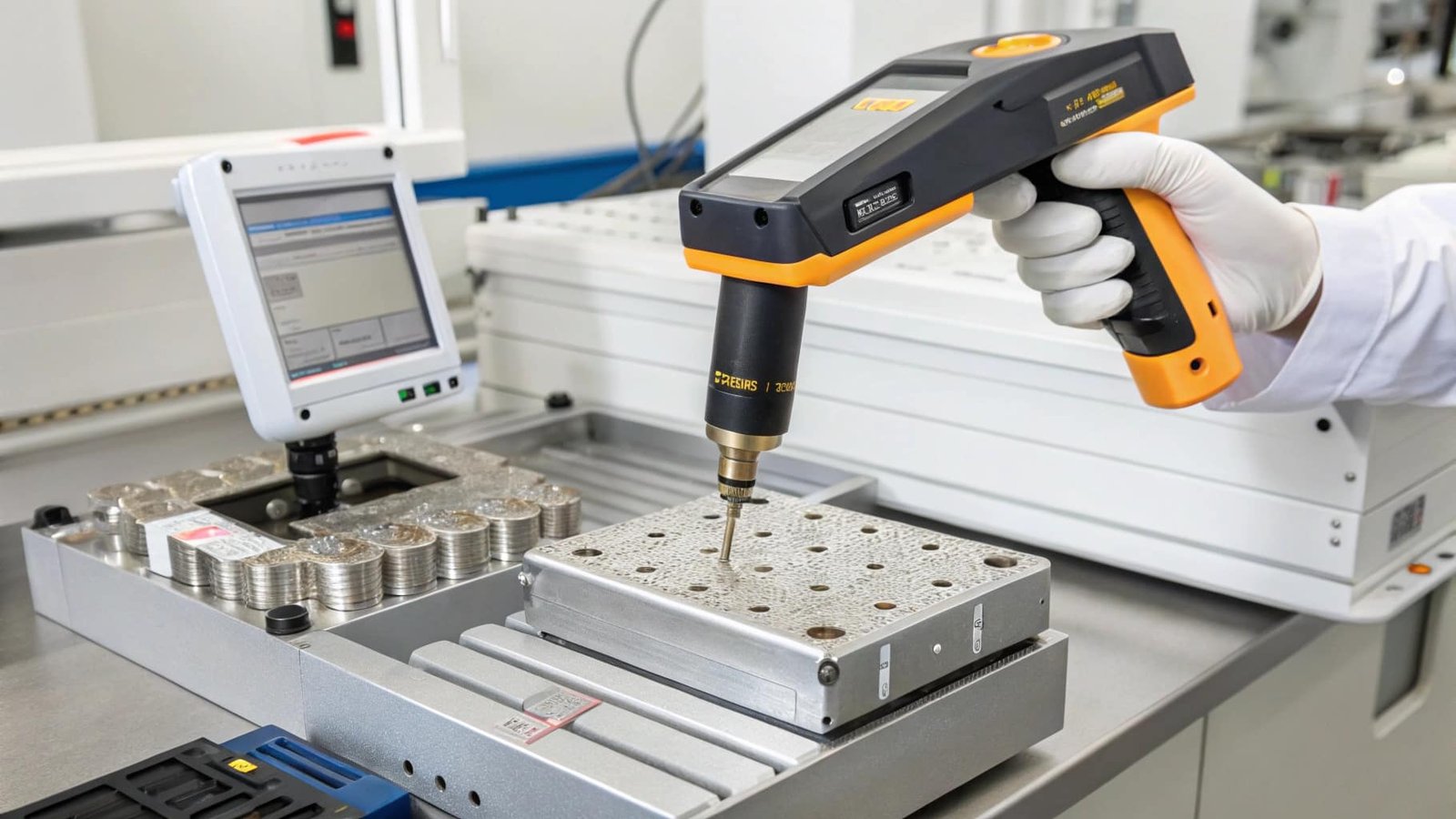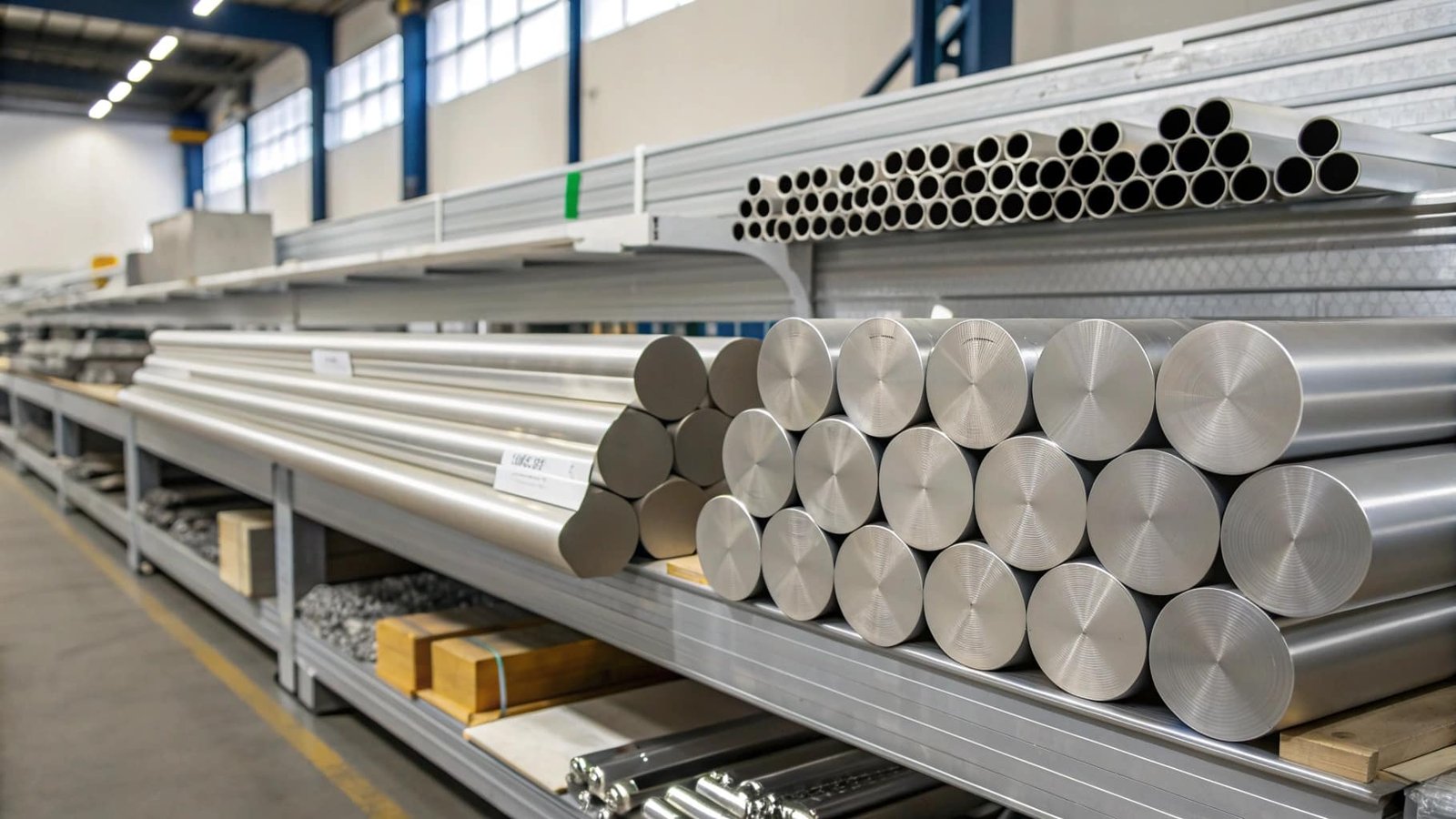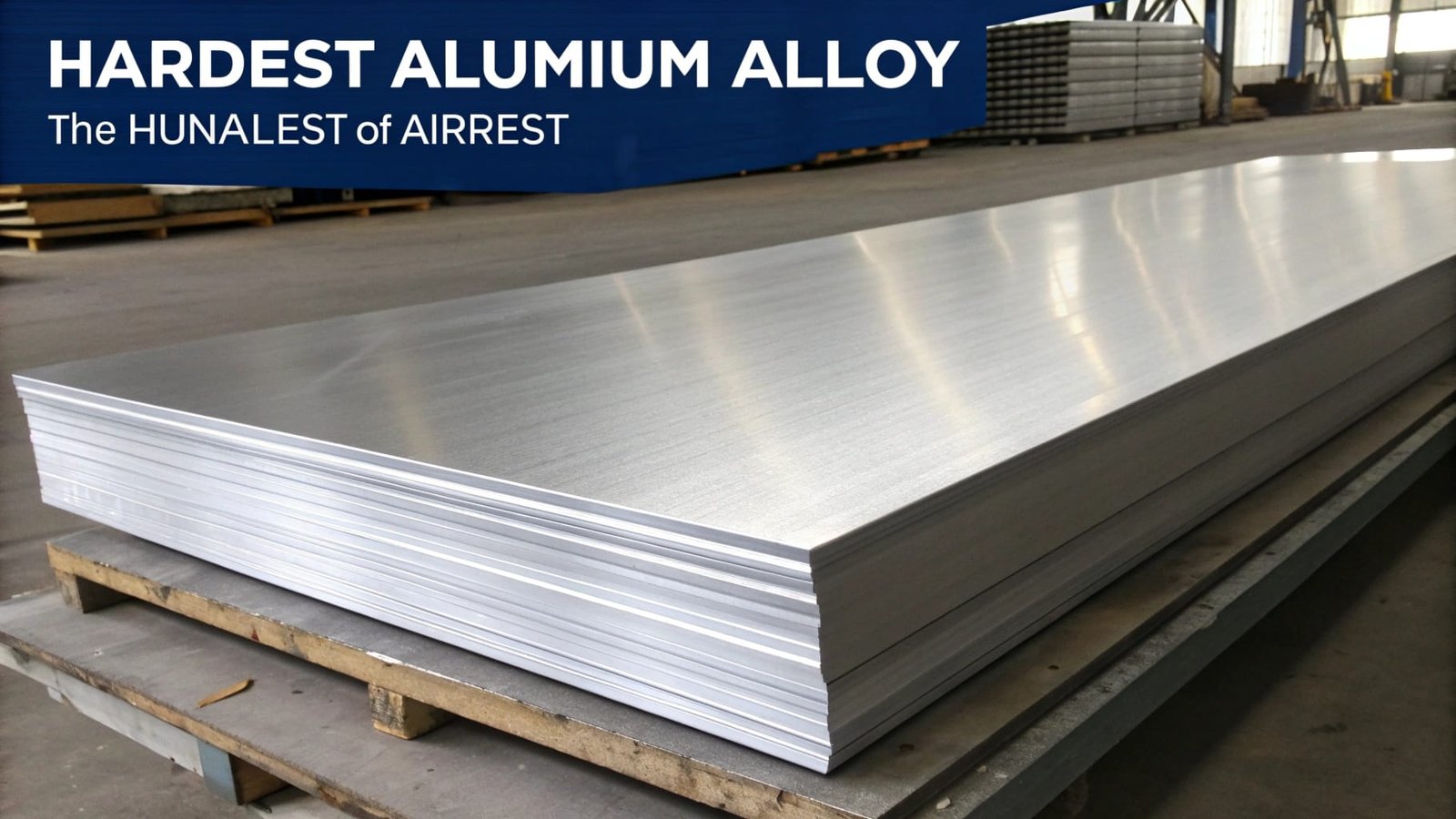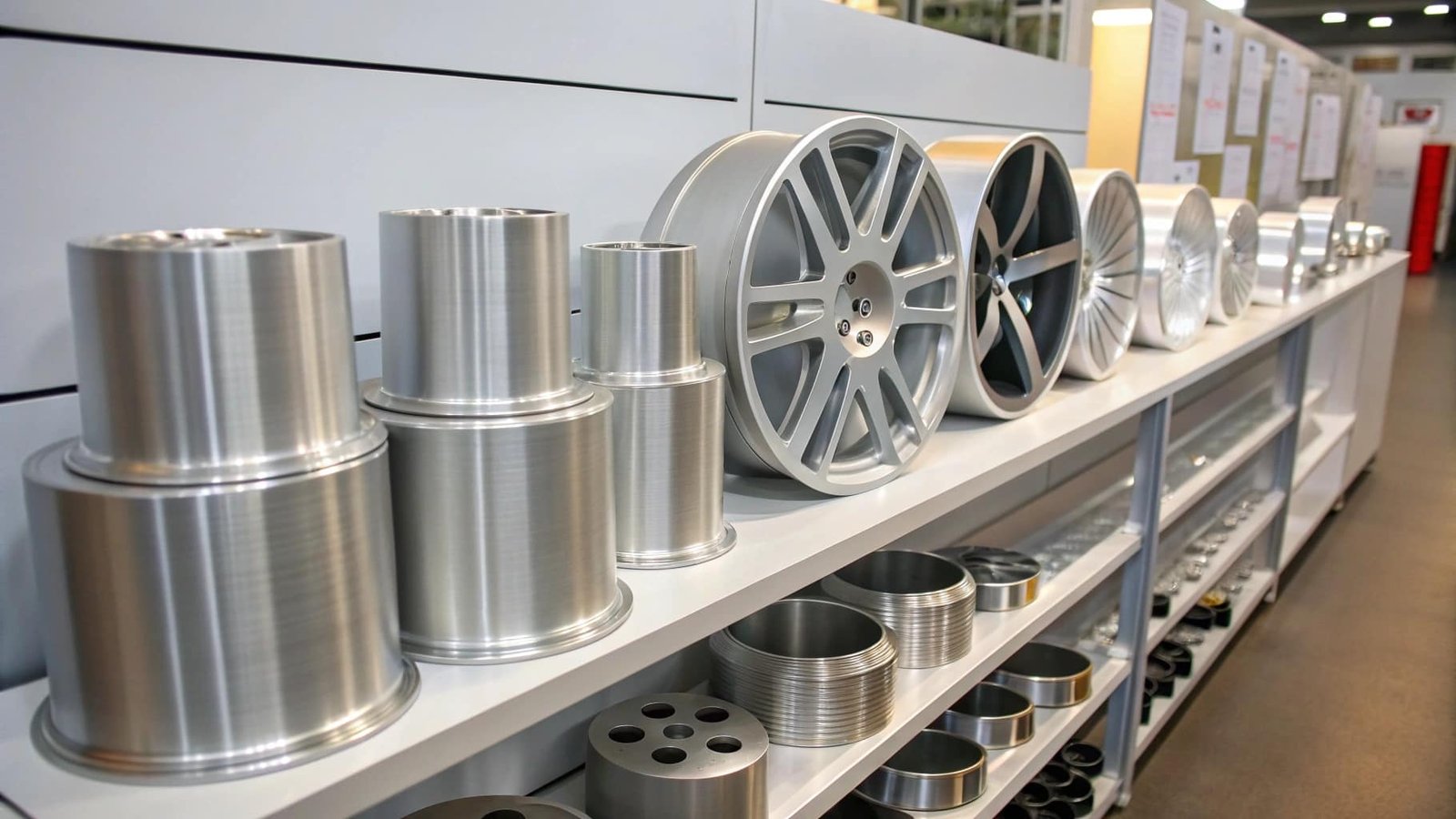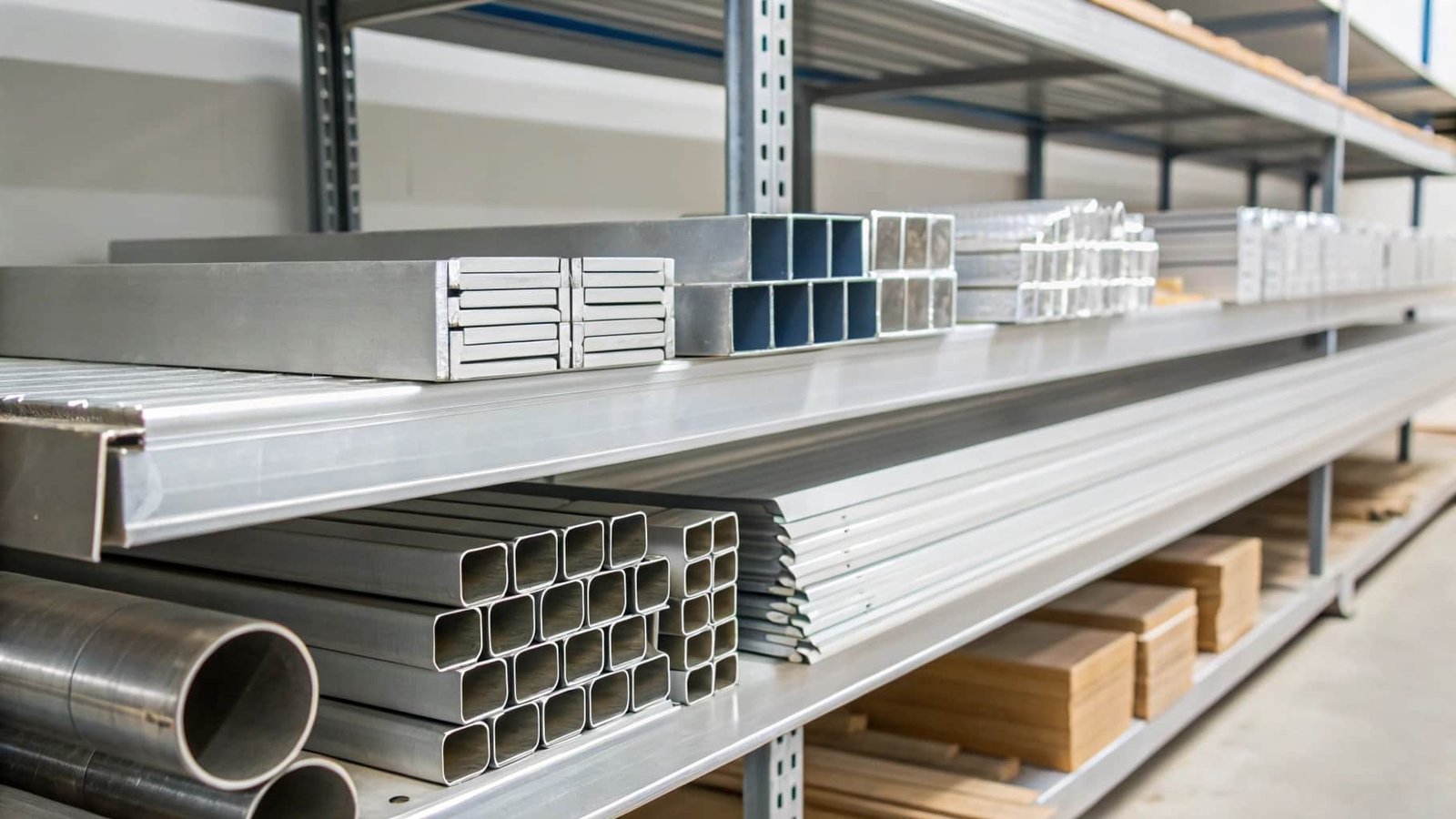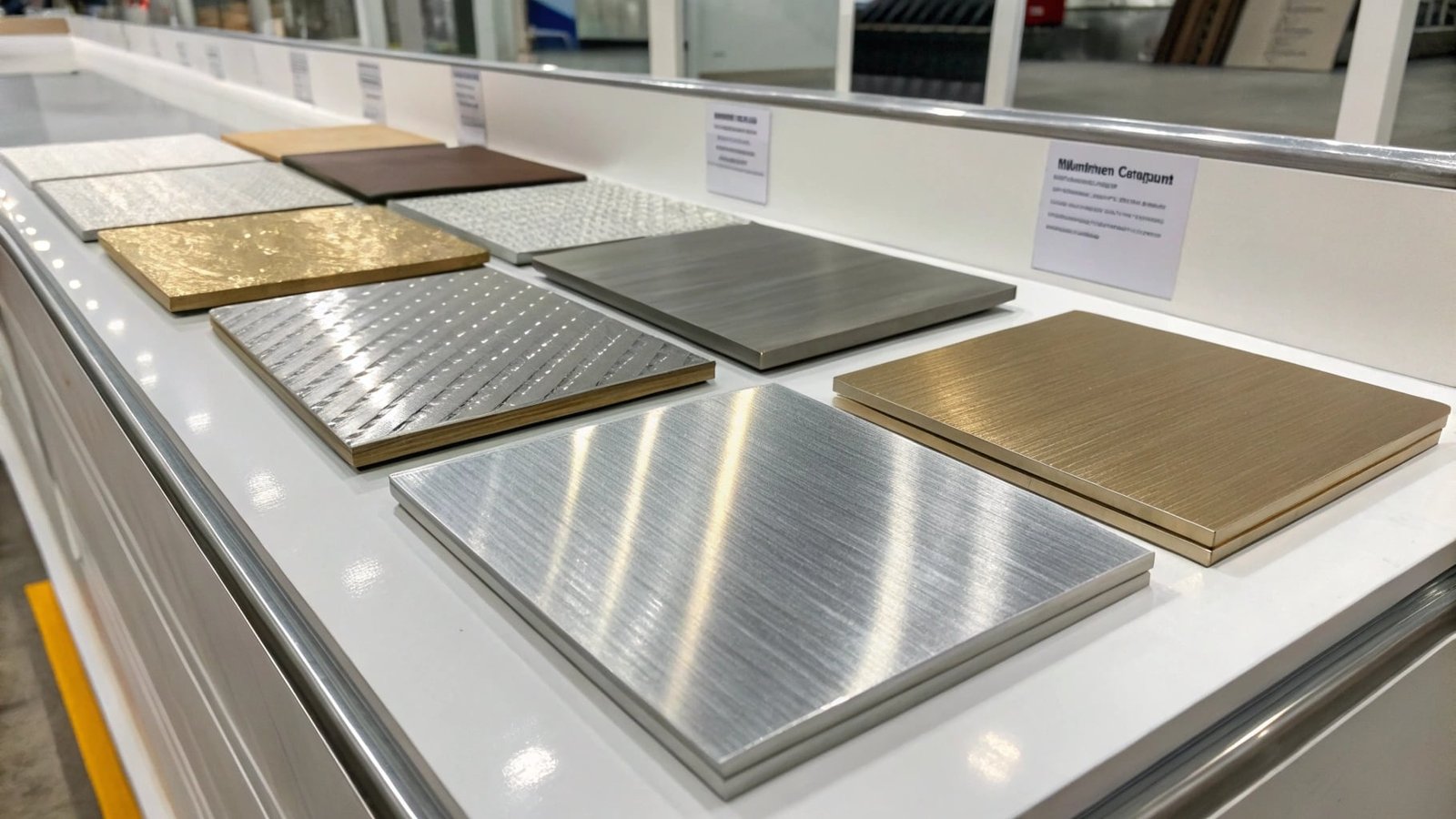Are standard 6061 aluminum plates limiting your project’s structural integrity? Discover how SWA Forging’s custom-engineered parts deliver superior performance.
SWA Forging’s custom-forged aluminum components provide enhanced structural integrity, superior fatigue life, and refined grain structures compared to standard 6061 aluminum plates, making them the ideal choice for critical applications requiring peak performance and reliability.
Many of our clients come to SWA Forging when they’ve encountered the performance limitations of standard 6061 aluminum plates. They might be facing issues with components that experience high stress, require exceptional durability, or need specific geometries that plates cannot easily achieve. Whether it’s for a critical aerospace part, a robust automotive component, or heavy industrial machinery, the need for enhanced material properties and tailored solutions is clear. At SWA Forging, we address these needs by transforming aluminum into high-performance forged components engineered for excellence and reliability in demanding environments.
What is the best aluminum for structural welding?
The best aluminum for structural welding is generally considered to be alloys that offer a good balance of strength, ductility, and good weld zone properties.
For structural welding, 6061 aluminum alloy1 is widely regarded as one of the best choices due to its good strength, excellent corrosion resistance2, and good weldability. When welded, 6061-T6, after proper post-weld heat treatment, can regain much of its original strength, making it suitable for many structural applications where welded joints are critical.
When clients at SWA Forging are discussing applications that involve welding, the performance of the weld joint is a key consideration. While standard 6061 plates are often chosen for their weldability, our forged components, whether made from 6061 or other alloys, can offer inherent advantages in terms of base material strength and consistency around the weld zone. Understanding the welding characteristics of aluminum alloys helps us guide clients toward the most robust solution for their specific structural needs.
Key considerations for aluminum in structural welding:
- Alloy Strength: The alloy must possess sufficient strength to bear the intended loads, both in the base metal and in the heat-affected zone (HAZ) after welding.
- Weld Zone Properties: The welding process can alter the microstructure and mechanical properties in the vicinity of the weld. Alloys that retain good properties in the HAZ are preferred.
- Corrosion Resistance: For many structural applications, especially those exposed to the elements, maintaining good corrosion resistance in the welded joint is essential.
- Post-Weld Heat Treatment (PWHT): Some alloys, like 6061, can be heat-treated after welding to restore strength in the HAZ. Non-heat-treatable alloys do not benefit from PWHT in the same way.
While 6061 is a top choice for many welded structures, the specific application requirements will dictate the optimal alloy and welding procedure.
What are the pros and cons of 6061 aluminum?
6061 aluminum is a popular choice due to its balanced properties, but like any material, it has both advantages and disadvantages.
The advantages of 6061 aluminum include its excellent corrosion resistance, good strength-to-weight ratio, excellent weldability, and good formability, making it versatile for many applications. Its main disadvantages are its moderate fatigue strength compared to higher-performance alloys and susceptibility to stress corrosion cracking in specific conditions, making it less suitable for extreme stress or high-cycle fatigue applications without careful consideration.
For clients evaluating materials for their projects, understanding the full profile of 6061 aluminum is crucial. At SWA Forging, we often work with 6061 as a base material because of its excellent all-around properties. However, we also recognize its limitations, especially when projects demand peak structural integrity or exceptional fatigue life. Our forged aluminum solutions can either enhance these properties for 6061 or utilize higher-performance alloys, providing a superior outcome for critical applications.
Here’s a breakdown of the pros and cons:
Pros:
- Versatility: Suitable for a wide range of applications, from structural components to general fabrication.
- Strength-to-Weight Ratio: Offers good mechanical strength relative to its low density.
- Corrosion Resistance: Exhibits excellent resistance to atmospheric and marine environments.
- Weldability: Easily welded using standard techniques, with good mechanical properties maintained in the weld area, especially with post-weld heat treatment.
- Formability: Can be easily machined, bent, and formed into various shapes.
Cons:
- Moderate Fatigue Strength: Not ideal for applications subjected to very high or constant cyclic loading.
- Stress Corrosion Cracking (SCC): Can be susceptible in certain environments when under stress, though specific tempers (like T73) can improve resistance.
- Lower Strength than 7xxx Series: Lacks the extreme strength of zinc-based alloys like 7075.
When projects require higher fatigue life or maximum strength, alternatives or advanced processing methods become essential.
What is the most commonly used aluminum alloy for aircraft structural applications?
The most commonly used aluminum alloy for aircraft structural applications is from the 2xxx and 7xxx series, which offer high strength and excellent fatigue resistance.
For aircraft structural applications, alloys like 2024 and 7075 are most commonly used. 2024 offers a good balance of strength, toughness, and fatigue resistance, while 7075 provides exceptionally high strength and stiffness, often used for critical airframe components like wings, fuselage skins, and bulkheads where maximizing strength-to-weight ratio is paramount.
At SWA Forging, we understand the rigorous demands of the aerospace industry. Clients in this sector often require materials that meet stringent specifications for strength, fatigue life, and reliability. While 6061 is used for certain less critical aircraft components, our work often involves high-strength alloys like 7075 for critical structural parts. The precision and superior material properties achieved through our forging process are essential for aerospace applications where failure is not an option.
Here’s why these alloys are preferred:
- 2xxx Series (e.g., 2024): Known for its high tensile strength and good fatigue resistance. It’s often used for fuselage structures, wing spars, and other components subjected to cyclic loading.
- 7xxx Series (e.g., 7075): Offers the highest strength among aluminum alloys, making it suitable for applications where maximum strength and stiffness are critical, such as wing skins, fuselage frames, and landing gear components. Its high strength-to-weight ratio is a significant advantage.
The selection between these alloys depends on the specific structural requirements, including the type of stress, environmental exposure, and desired service life.
What aluminum alloy should be used when the highest strength is necessary?
When the absolute highest strength is necessary, aluminum alloys from the 7xxx series are the preferred choice.
For applications demanding the highest possible strength, aluminum alloys from the 7xxx series, primarily alloyed with zinc, are the best selection. Alloys such as 7075, 7050, and 7068 offer significantly higher tensile and yield strengths compared to other aluminum series, making them indispensable for critical structural components in aerospace, automotive, and high-performance equipment.
Clients who come to SWA Forging often have projects that push the limits of material performance, where standard alloys simply won’t suffice. In these scenarios, we often recommend alloys from the 7xxx series, such as 7075, for their exceptional strength. By utilizing our forging process with these high-strength alloys, we can create components that not only meet but exceed the most demanding structural requirements, offering a significant upgrade in performance and reliability over typical 6061 plates.
Key alloys for maximum strength include:
- 7075: Widely recognized as one of the strongest aluminum alloys, it’s commonly used in aerospace structures, aircraft frames, and high-performance sporting goods. Its strength is comparable to some steels.
- 7050: Developed for improved fracture toughness and corrosion resistance compared to 7075, while still offering very high strength. It’s often used in thick sections for aircraft structural components.
- 7068: One of the highest-strength aluminum alloys commercially available, often exceeding 7075 in tensile and yield strength, used in specialized applications requiring extreme load-bearing capability.
These alloys, when forged, can achieve even greater mechanical properties due to the refined grain structure and optimized material flow achieved during the forging process.
Conclusion
When peak structural integrity and performance are non-negotiable, SWA Forging’s custom-forged aluminum parts offer a superior alternative to standard 6061 plates. By leveraging advanced alloys and our specialized forging techniques, we engineer components built for endurance and reliability in the most demanding applications.






